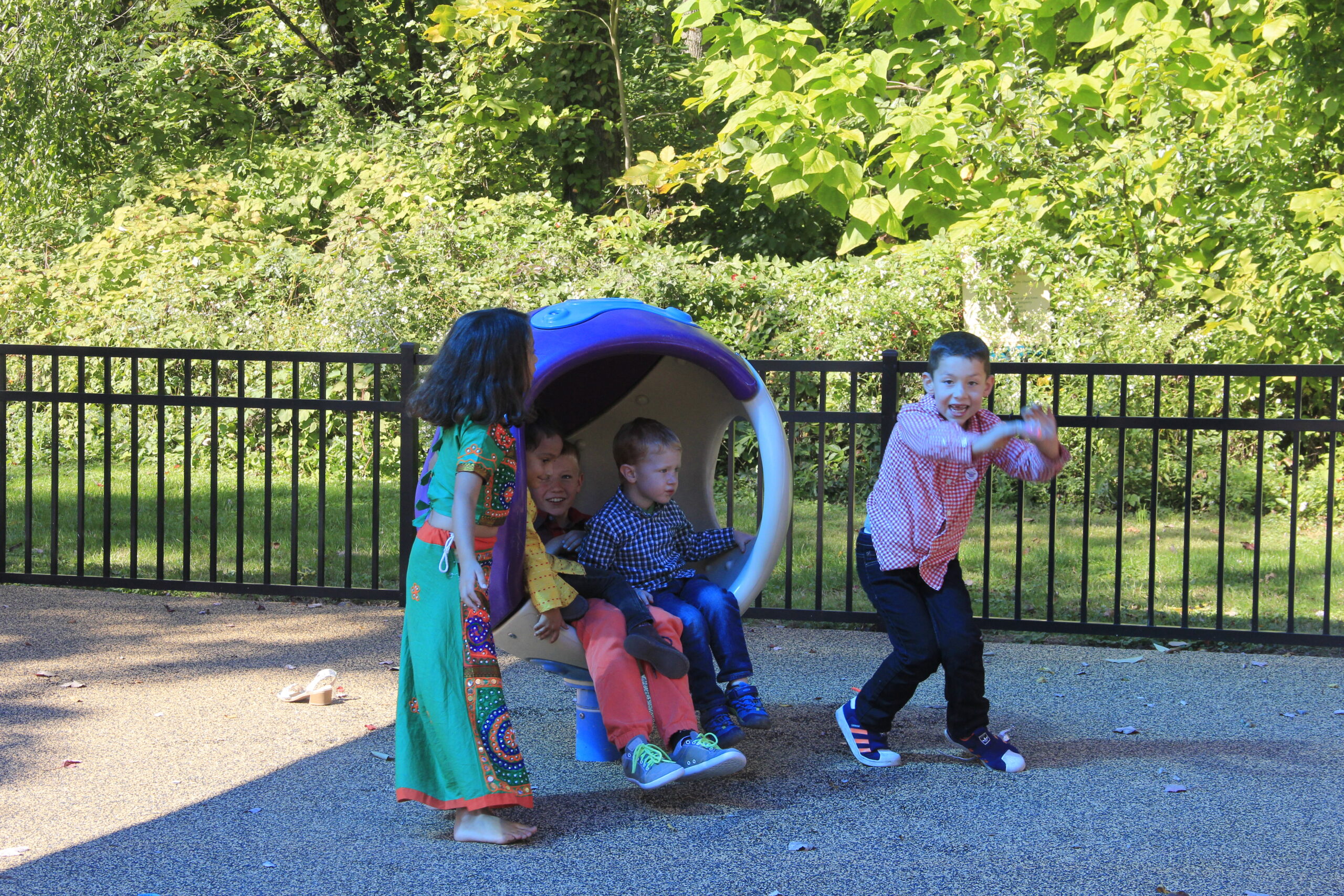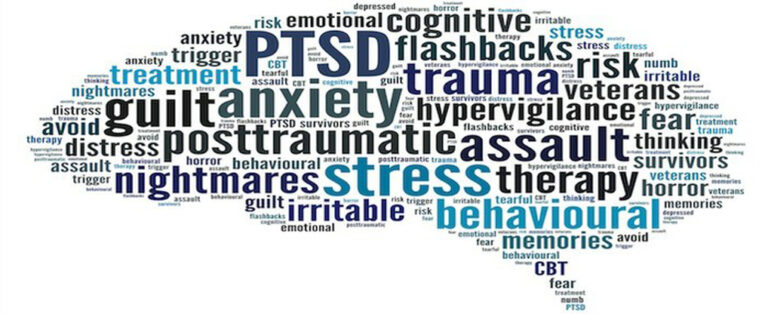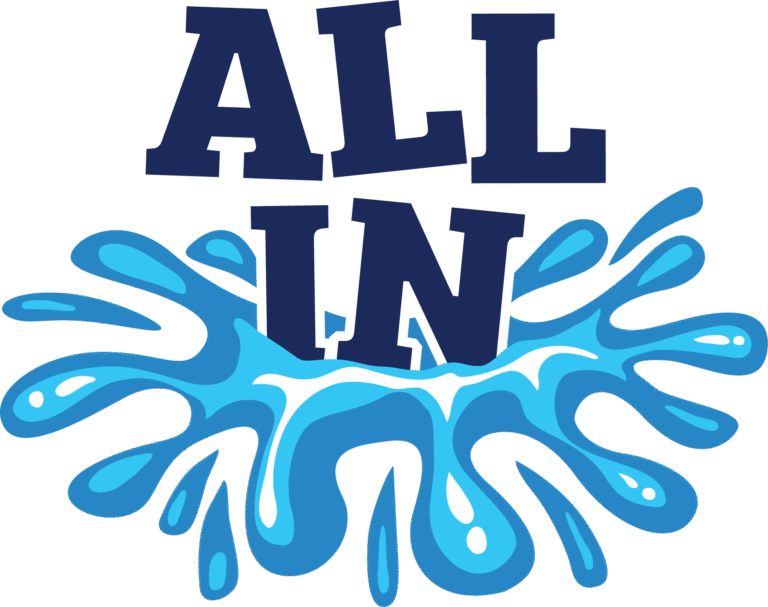Nurturing Accessible Family Ministry
Republished from Mosaic Mennonite Conference.
A version of this article originally appeared on the Mosaic Conference website on November 30, 2023. Republished with permission.
Persons with disabilities and those who are neurodivergent (having developmental or neurological function that differs from what is considered typical) are a part of this beautiful expression of spiritual gifts from God, offered as a gift “so that we can all help each other.” Adults who are privileged to work or volunteer with children in their faith formation witness this kaleidoscope of gifts on a regular basis. Part of our calling is to help remove barriers in our congregations so that those gifts can shine brightly.
“Some of the children in our early elementary Sunday School class have trouble sitting and staying in their chairs. These children have specific sensory needs for movement,” shares Rachel Mateti, the children and youth minister at Plains (Hatfield, PA) Mennonite Church. “The barrier to their learning was the expectation to be still and quiet. To help with their sensory needs, we purchased wobble seats for our classroom. When using them, the children are more focused and able to follow the lesson.” This is a small example of what a congregation can do to remove the barriers that disable certain people, so that all divine image-bearers can participate fully and share their gifts.
Plains has been working at this effort for over a decade, seeking to understand the barriers that people with disabilities face, and making both community life and facilities welcoming to persons of all kinds of abilities. Heather Gingrich, who leads the congregation’s Autism Support Group, recently co-wrote an article for Anabaptist Disabilities Network about their support group, congregational learning, and their new inclusive playground and accessible park.
About 20 percent of people are neurodivergent or have a physical, sensory, or intellectual disability. That means families in our congregations are impacted. “In being proactive about planning to welcome families impacted by disabilities, I think back to the movie Field of Dreams,” shares Mateti. “If you build it, they will come.”







